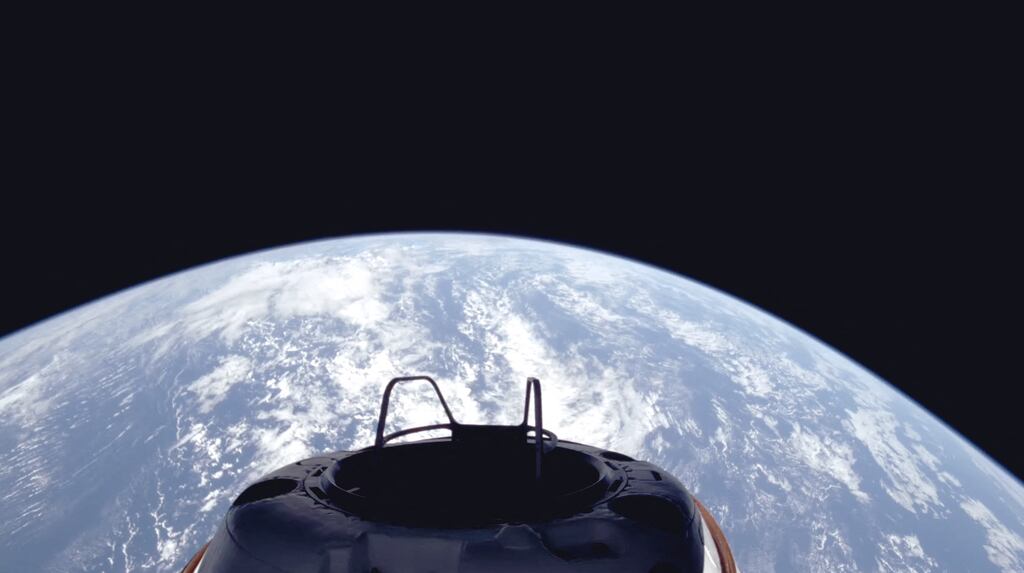QCOSTARICA — This morning, Friday, April 12, in time for the long weekend travel, the cost of fuels increased between ¢13 and 27 colones per liter.
The price of regular gasoline at the pumps, as approved by the Public Services Regulatory Authority (Aresep), increased ¢13 colones per liter to ¢691. Super gasoline is now ¢728 per liter, an increase of ¢27 colones, while the price of diesel remains unchanged throughout the month of April at ¢638 per liter.
Converting to US dollar at today’s dollar exchange, a US gallon of regular is now US$5.14, super ¢5.40 and diesel US$4.76.
– Advertisement –
According to the regulatory entity, the increase in the acquisition cost of the Refinadora Costarricense de Petroelo (RECOPE) – the Costa Rican refinery that refines nothing – caused an increase in the cost of the most consumed fuels in the national territory.
In its filing with the Aresep, the RECOPE pointed out that the international market (related to shipments between February 9 and March 7, 2024) continued to experience great volatility in the short term.
“Although the exchange rate has maintained a downward trend, increases in international prices of all products imported by Recope were affected,” the RECOPE states.
What makes prices go up and down?
The price you pay for fuels at the pumps is affected by demand and supply in international markets, where Costa Rica purchases fuels for import and distribution to gasoline stations across the country.
In Costa Rica, prices at the pumps are regulated, that is the price of a liter of fuel does not vary at gasoline stations across the country.
After the acquisition cost of the refined product by RECOPE, taxes represent the second highest component of the pump price.
– Advertisement –
Price fixing
Each month the RECOPE submits a request to the regulatory authority for a variation in the price of fuels at the pumps. Following a study and public hearing, the Aresep fixes the price of each liter of fuel dispensed in effect until the next month’s request.
This model has been criticized over and over, that it does not reflect the current costs, but rather the cost of what was one or two months ago, taking into account variables such as consumption and cost of the refined product in international markets.
How can you save on gasoline?
How you drive can have a significant impact on your gasoline consumption. Following are some fuel-efficient driving tips by experts that can save you colones at the pump.
– Advertisement –
- Accelerate smoothly. Avoid “jackrabbit” starts and hard braking. To maximize your fuel efficiency, take five seconds to accelerate your vehicle up to 20 km/h from a stop.
- Reduce your speed. Driving at lower speeds can reduce fuel consumption. Using cruise control on highway helps maintain a constant speed and saves gas.
- Consolidate your errands. If you have errands (mandatos in Spanish) to run, consider planning your route to combine multiple stops into one trip. This can reduce the distance you need to drive and save time and fuel.
- Good maintenance. A poorly maintained vehicle can increase fuel consumption. Check your vehicle’s maintenance schedule.
- Considering public transportation and other options for transportation. Have you considered utilizing alternatives like biking, walking, or public transit instead of always relying on your car?

- Ride-sharing and carpooling. Unheard of in Costa Rica, but the benefits of increased carpooling and ride-sharing are immense.
- Consider going electric or hybrid. It may be a good idea to explore electric or hybrid options at this time, as they could be well-suited for your needs.
– Advertisement –
Source link
Rico



